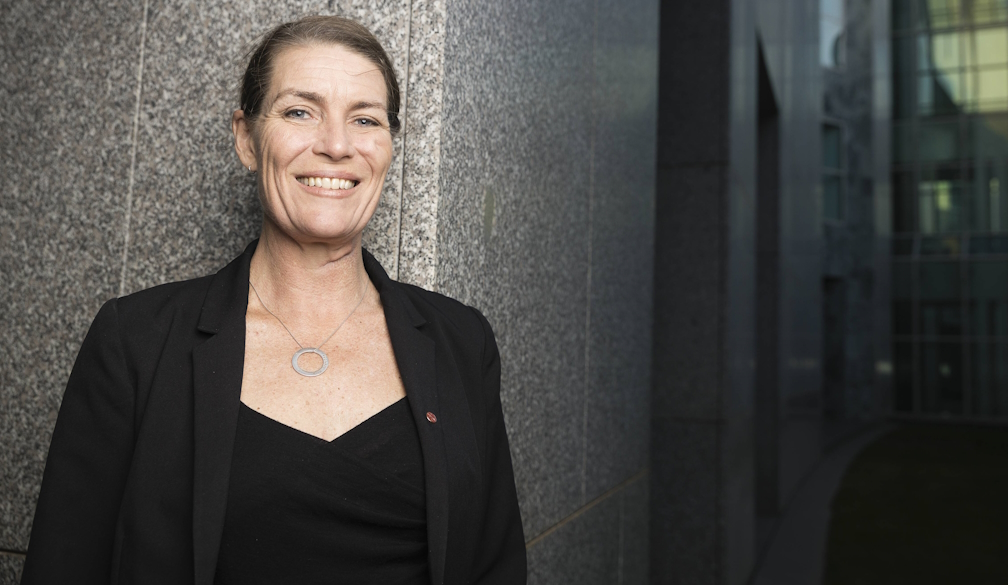Insurance No Cover For Disaster Areas
- Written by The Times

Almost six months after the Labor Government announced the Hazards Insurance Partnership, home owners living in disaster prone areas are being left without cover.
In February the Hazards Insurance Partnership was hailed by the Emergency Management Minister as Government and industry collectively working to ensure Australians have access to affordable and appropriate insurance.
Shadow Emergency Management Minister, Perin Davey said the reality for people living in areas hit by recurrent floods in recent years is they’re being told they can’t get insurance, or that their premiums are now unaffordable for the average home owner.
“What is the Government doing for these people? How are people in flood zones or bushfire risk areas going to be able to afford insurance?” Senator Davey asked.
“I welcomed the announcement of the HIP in February as I hoped it would be a genuine way of working through the issues and identifying measures that could be taken to ensure people could continue to access affordable insurance.
“But talk is only valuable if it leads to actions and outcomes and the only outcome we’ve seen is rising insurance rates, or no insurance at all in some circumstances.”
Senator Davey said insurance was an important product not just for individual property owners, but saved taxpayer dollars in the long run.
“When people have insurance and can access payment post disaster there is less reliance on Government support which can then be focussed on public infrastructure and community recovery,” she said.
Recent reports of insurance companies vacating disaster prone areas come as the Insurance Council of Australia confirmed the affordability and availability of insurance in vulnerable areas was being affected by increasingly severe extreme weather events.
“In most cases, this is not areas where individuals have turned up and built a house without consideration. These are areas where State and Local Government have approved significant development on flood plains or high bushfire risk areas.
“Governments need to accept some responsibility for these developments and certainly, there should be no further approvals on flood plains.
“Meanwhile the Labor Government needs to outline how they are going to make sure people can be insured at an affordable rate into the future,” Senator Davey said.

















